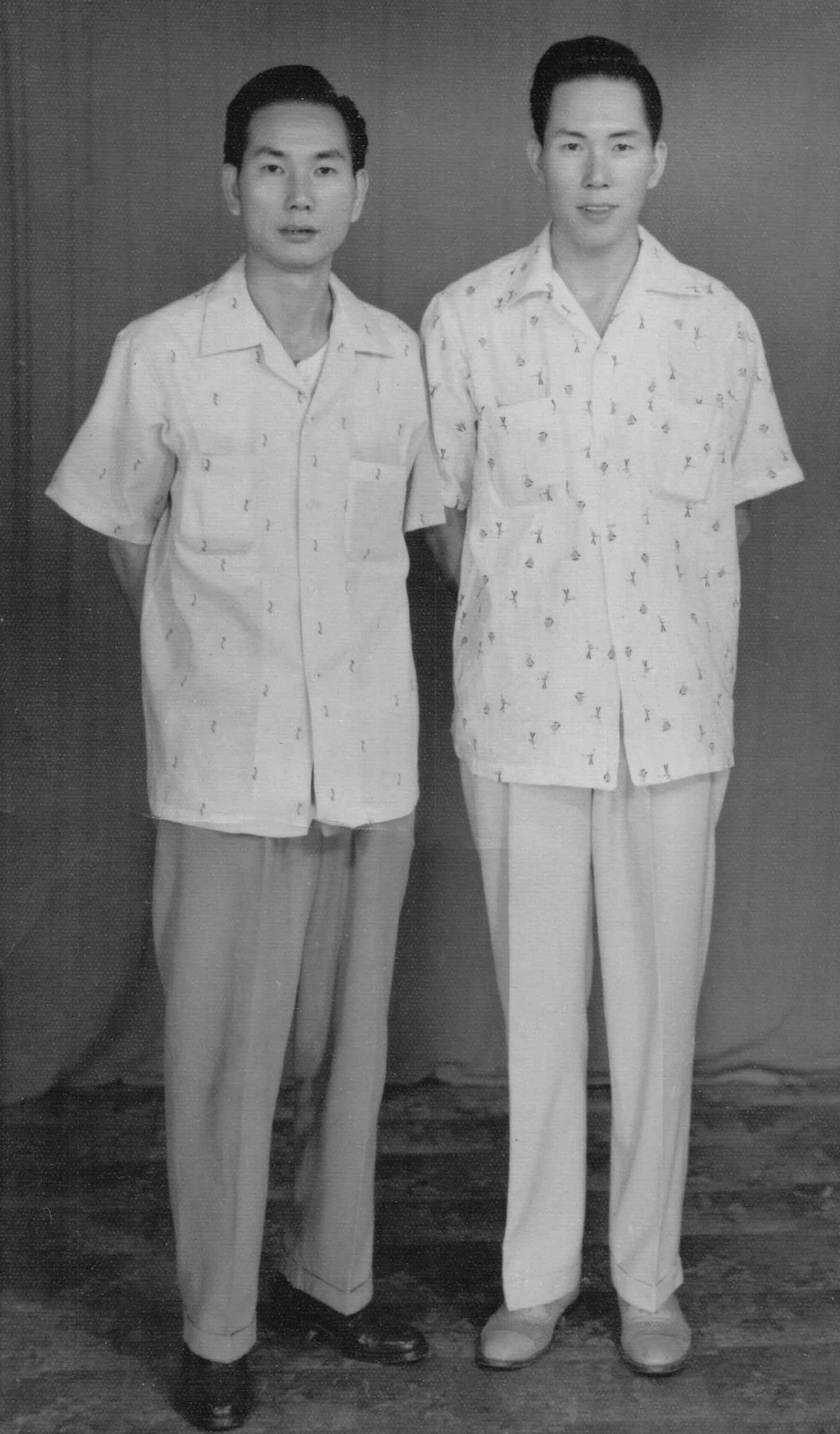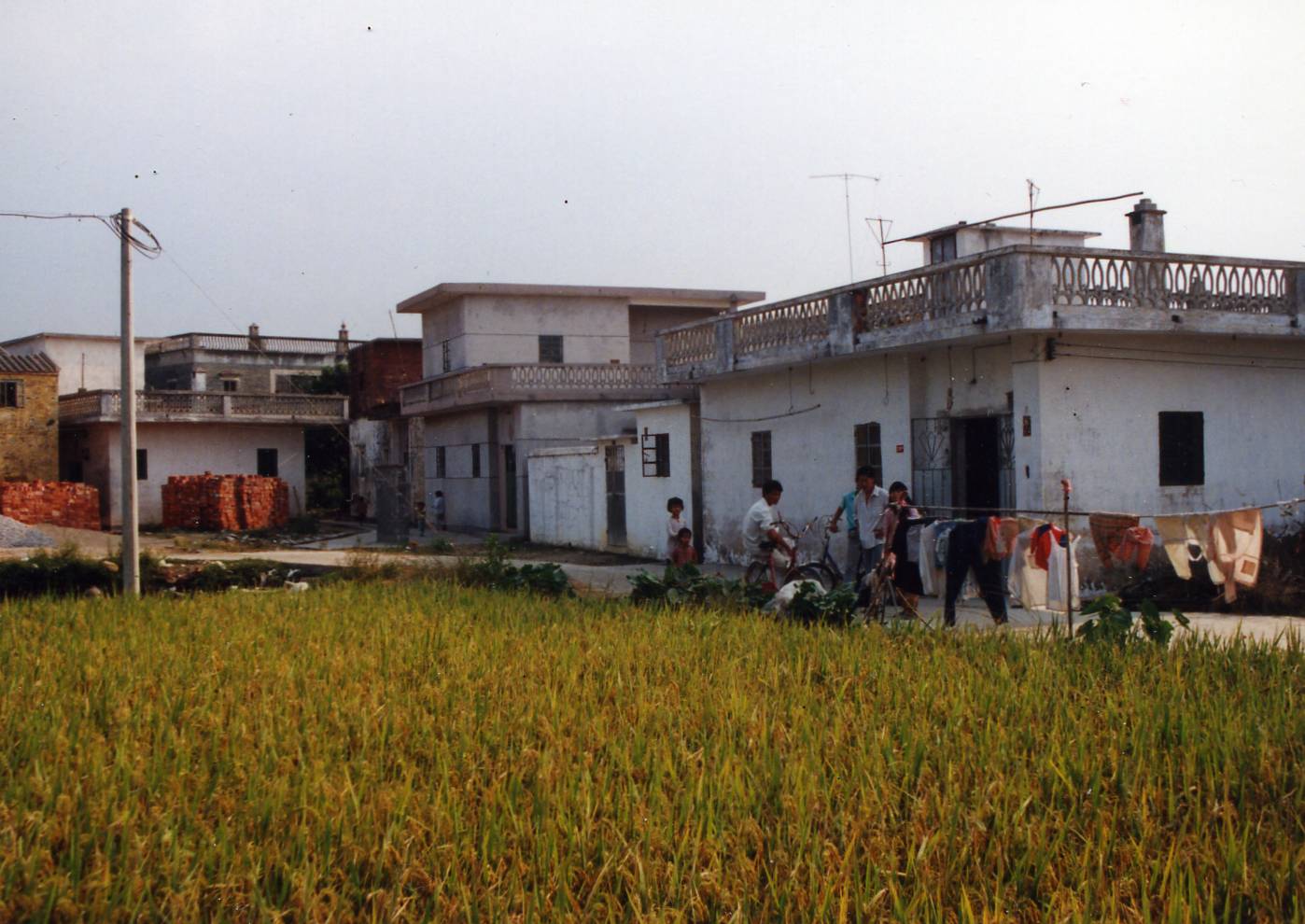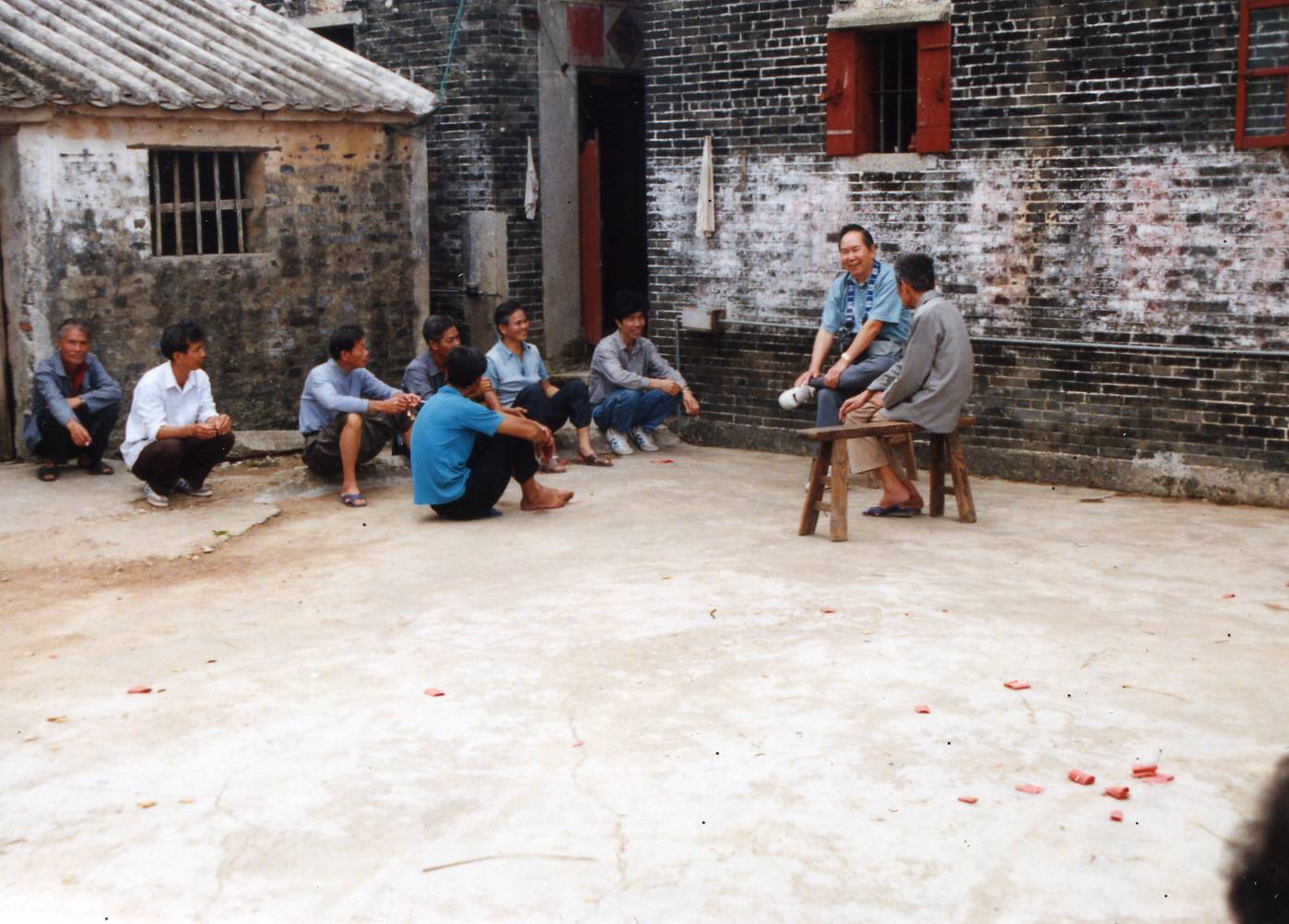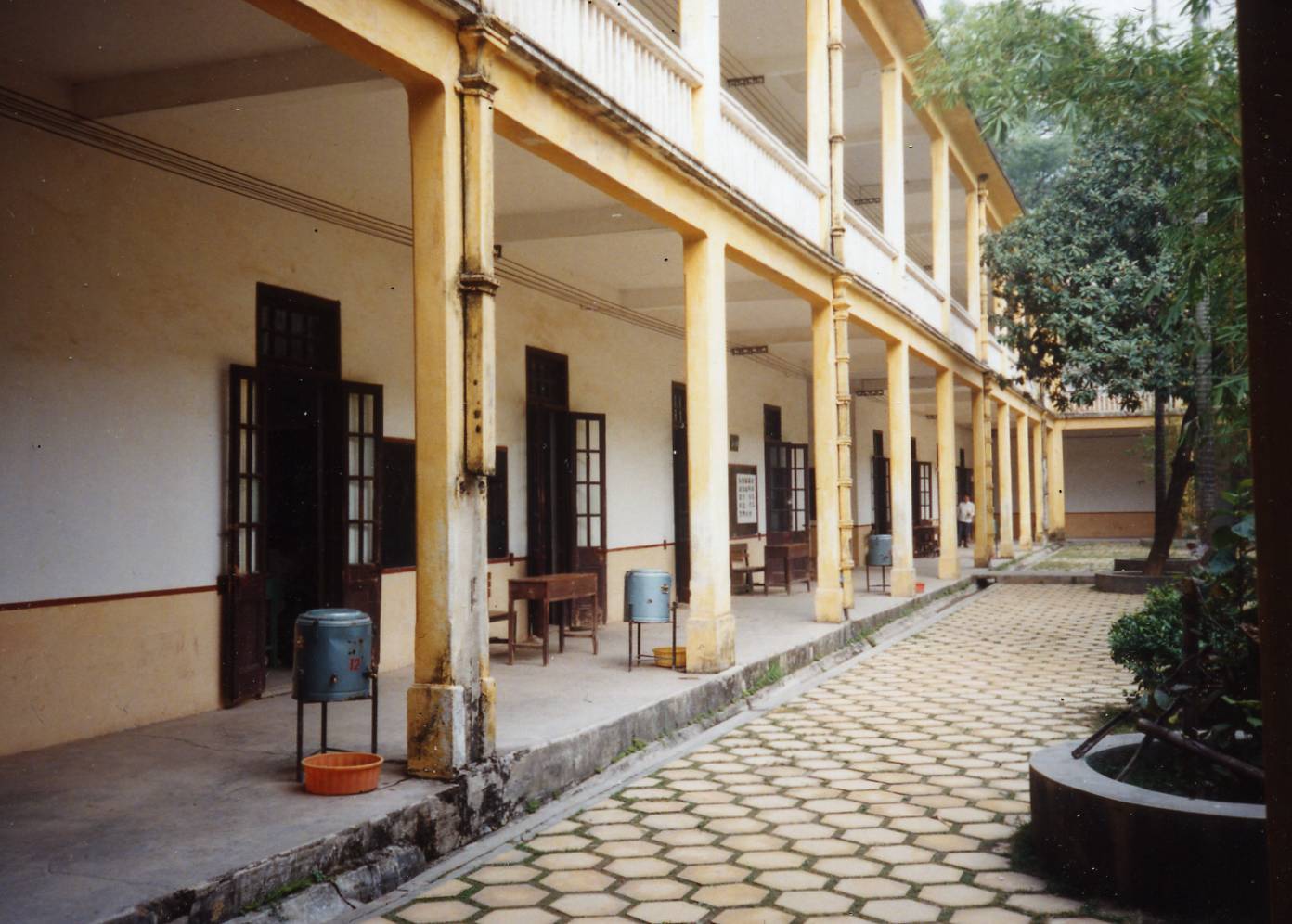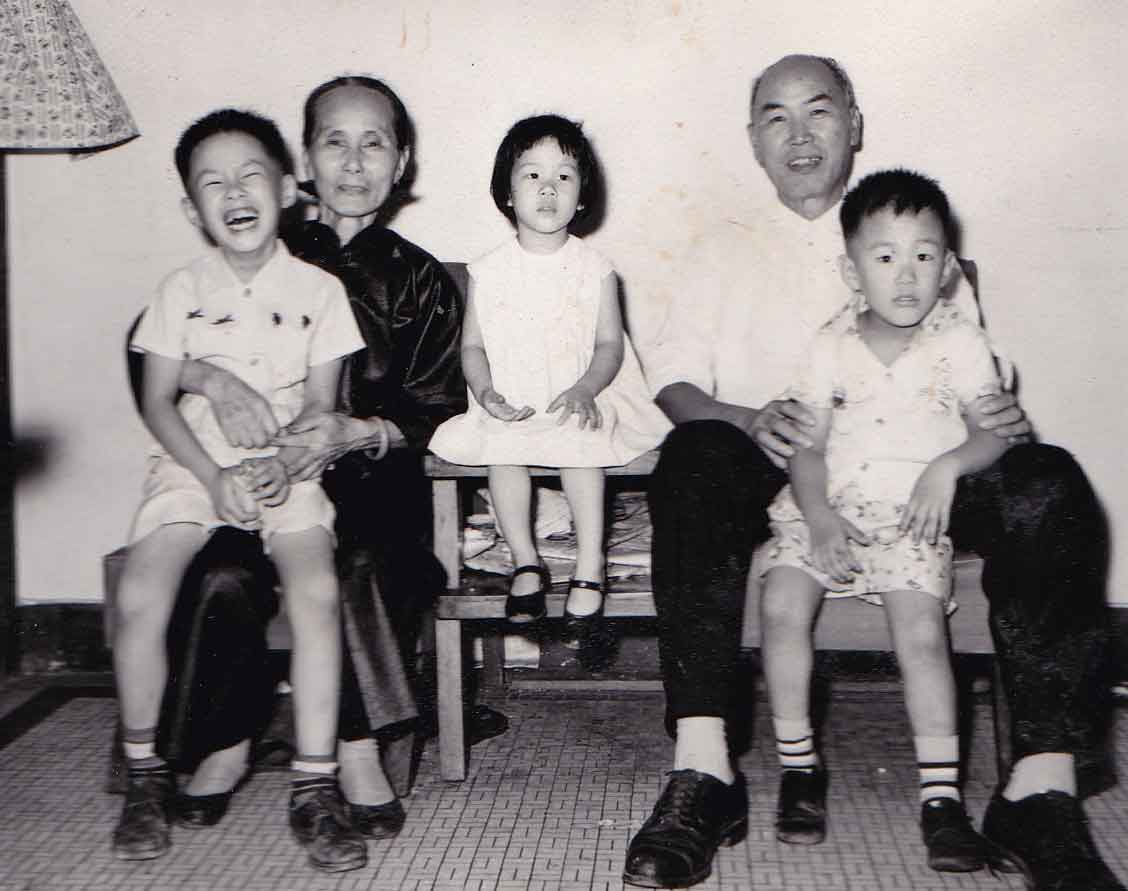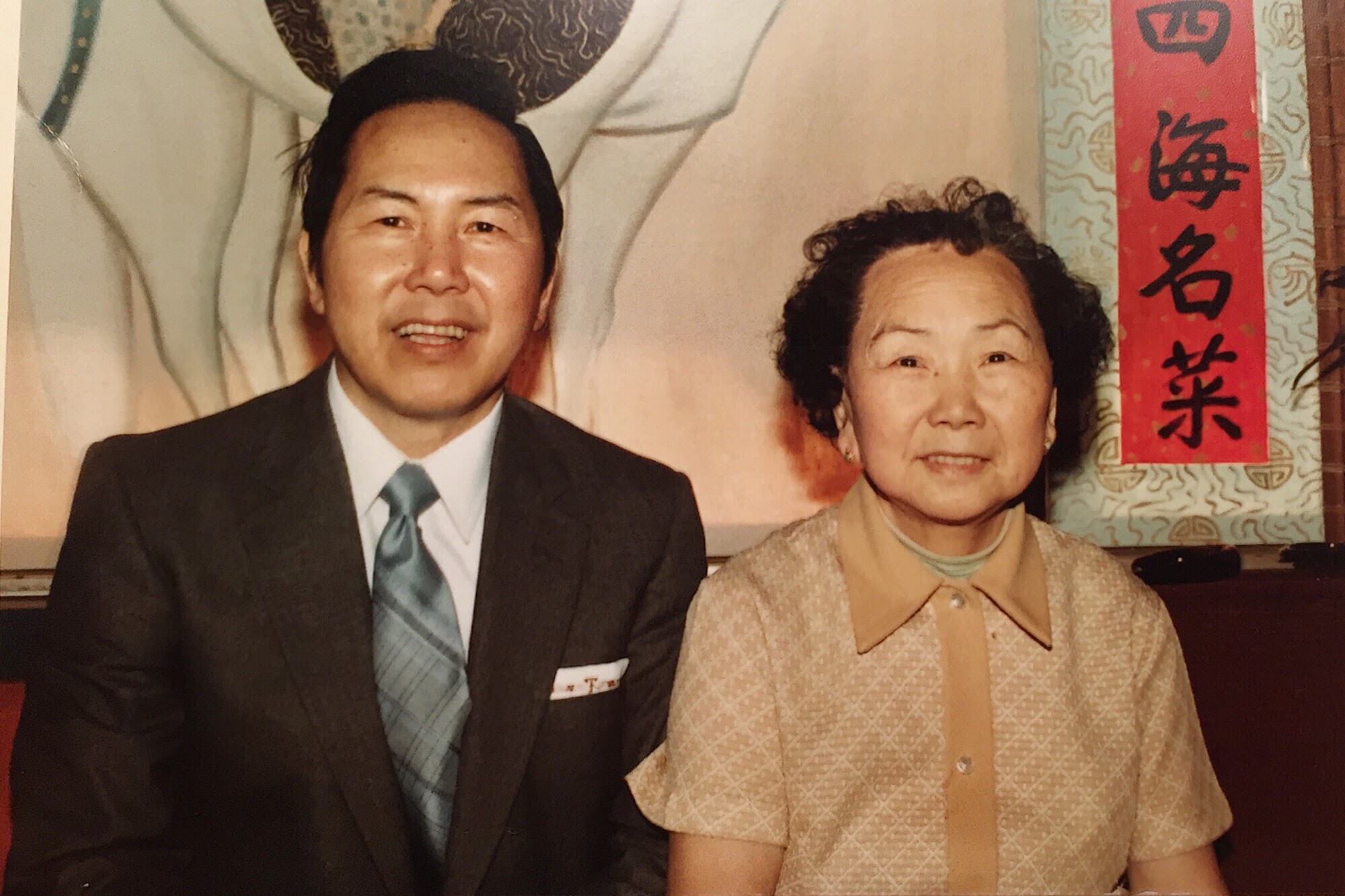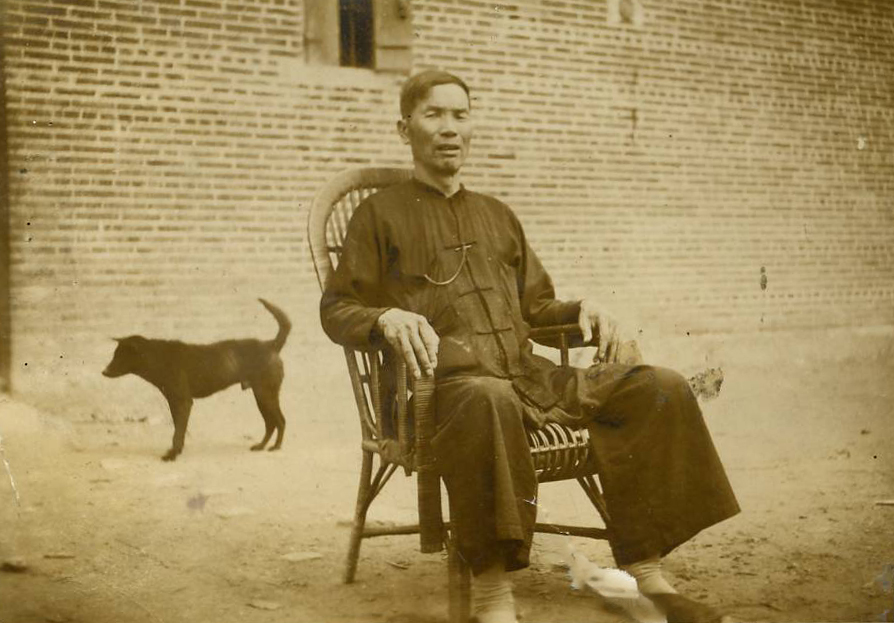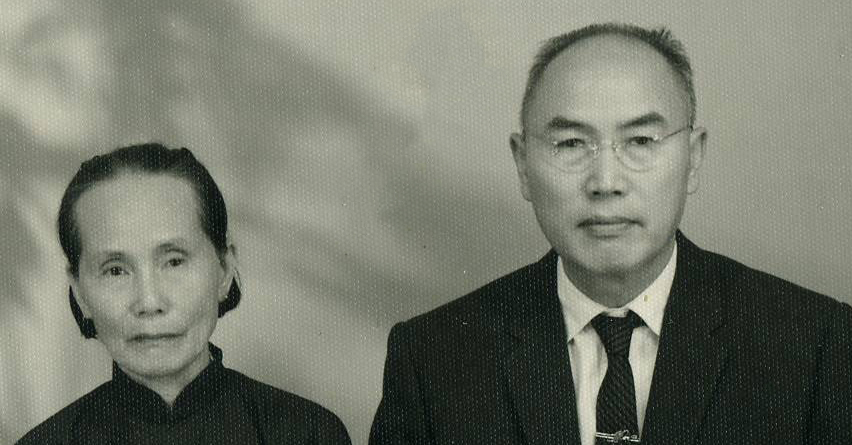
In 1928, China is on the brink of reunification under the National Government of the Republic of China. Chiang Kai-shek is sworn in as President of the National Government and the national flag flies in Manchuria as the country is finally united.
Birth
It was during this beginning of what China would call its "Golden Decade" that Wong Him Thoon would make his entrance. Him Thoon was born on July 28, 1929. He was the second son and youngest of three children born to Wong Wing Kong and Yee Yok Kew. He had an older sister, Emily, and an older brother, Joseph. The family lived in Nam On Village, one of the many rural villages around Taishan in the Guangdong Province of southeast China. The Nam On village is 150 miles from Guangzhoue, China, and at the time, the population was approximately 500. Wing Kong was a landowner and a local merchant. Because of the increase in the new, powerful, big landlords the ownership of land of small villages was decreasing, and Wing Kong was eventually forced to immigrate to Canada to support the family he left in China. He would become a laundromat owner along with his only brother, Jung Gong. Because the passenger tickets for the boat from Canada to China were so expensive, his father could only afford to visit the family every seven to eight years, which accounts for the sixteen year gap between Emily and Him Thoon.
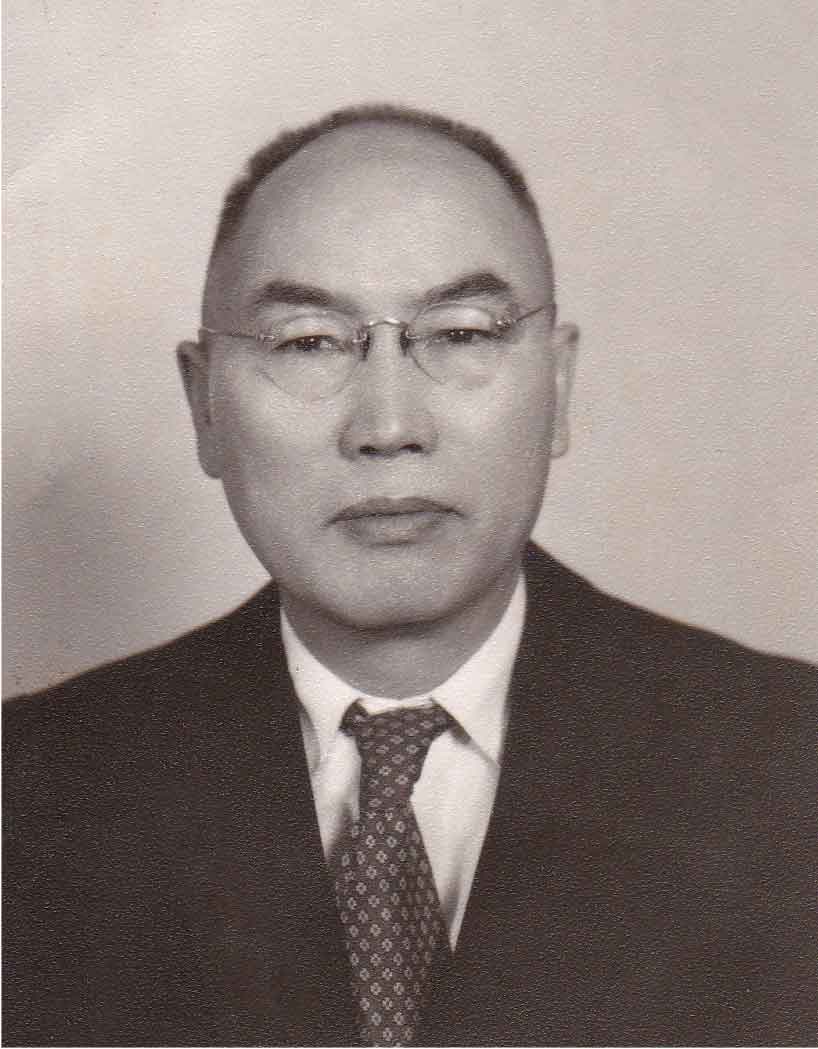
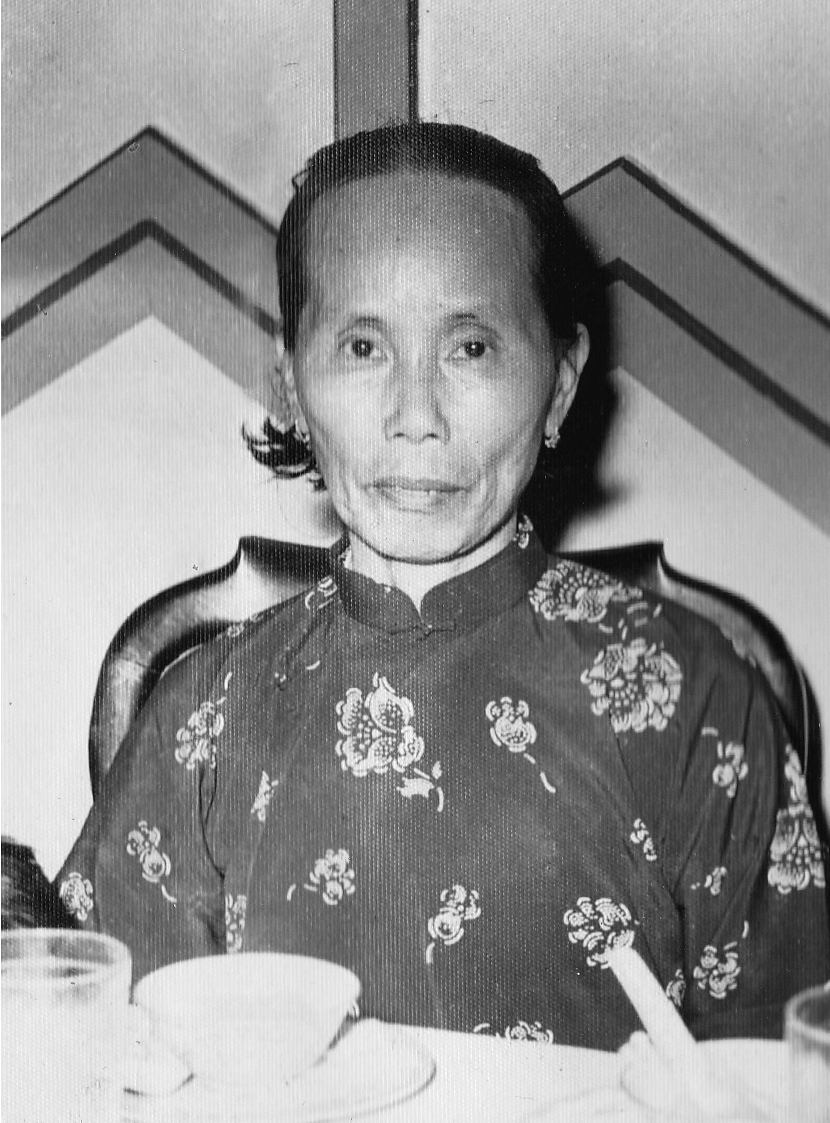
Childhood
Him Thoon was known as the village troublemaker and comedian. His childhood was a mixture of work and play, walking the ten miles to Sam Fou (now known as Kaiping) to sell firewood for money, and teaching himself to swim in the nearby river by jumping in and swimming for shore. In later years, a childhood friend would tell Him Thoon's children about an incident where their dad tricked him into almost setting fire to himself.
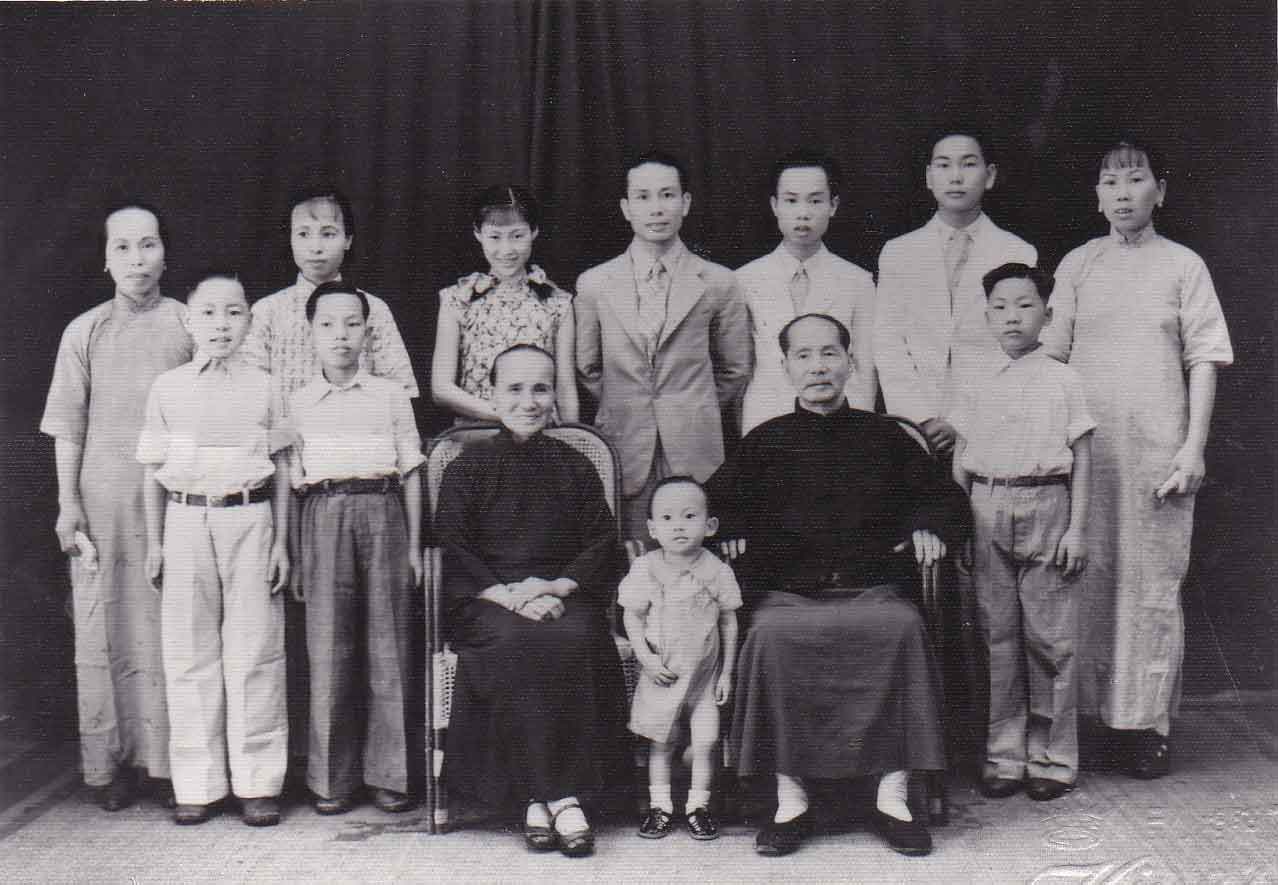
The Japanese Occupation
In 1941, the Imperial Japanese Army invaded Hong Kong. After eighteen days of fighting, Sir Mark Young, the Governor of Hong Kong, surrendered the British Crown colony of Hong Kong to the Empire of Japan. Him Thoon was 12 years old at the time and would remember the Japanese occupation of the Guangdong Province. As a teenager, he witnessed Japanese soldiers torture his mother and sister for the location of where they had hidden their valuables. Seeing these atrocities from the occupying Japanese most likely fueled the desire in him to immigrate to the United States. Like most Chinese, the United States was a symbol of freedom and wealth, where anyone could fulfill their dreams of being successful.
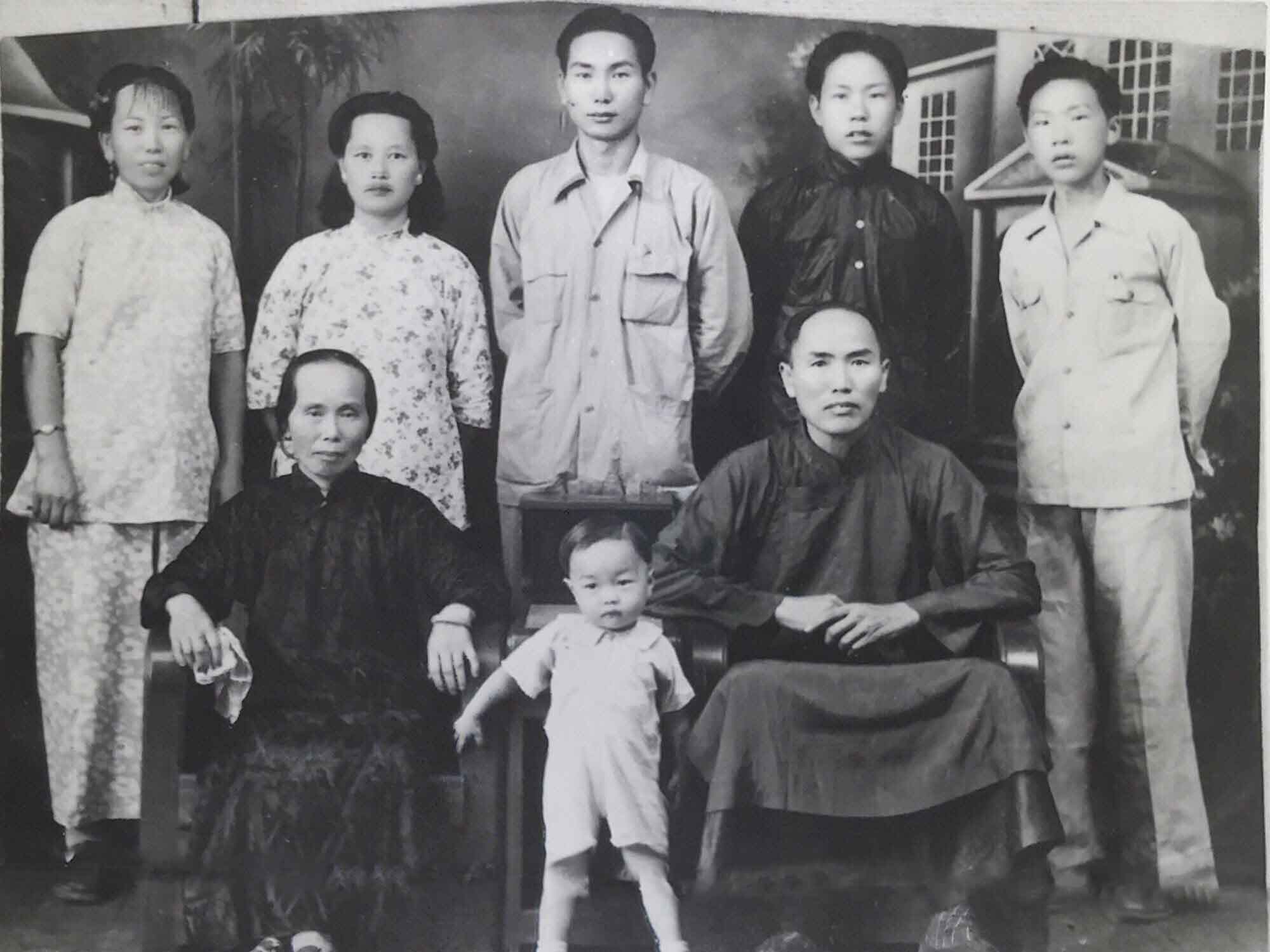
L-R (bottom) Yee Yok Kew, Paula, Wong Wing Kong
School Years
The closest secondary school to the village where Him Thoon lived was in the city of Hoi Jong. Instead of making the six hour walk every day, he boarded at the school during the week and would walk home for the weekends. He would look back fondly at his school days where he was more interested in hanging out with friends than studying. Food was scarce during this time, and the students would scrounge for food wherever they could find it. After finishing high school, his sister, who had by then married and immigrated to the United States, provided him the opportunity to make the move to America.
Immigrating to the United States
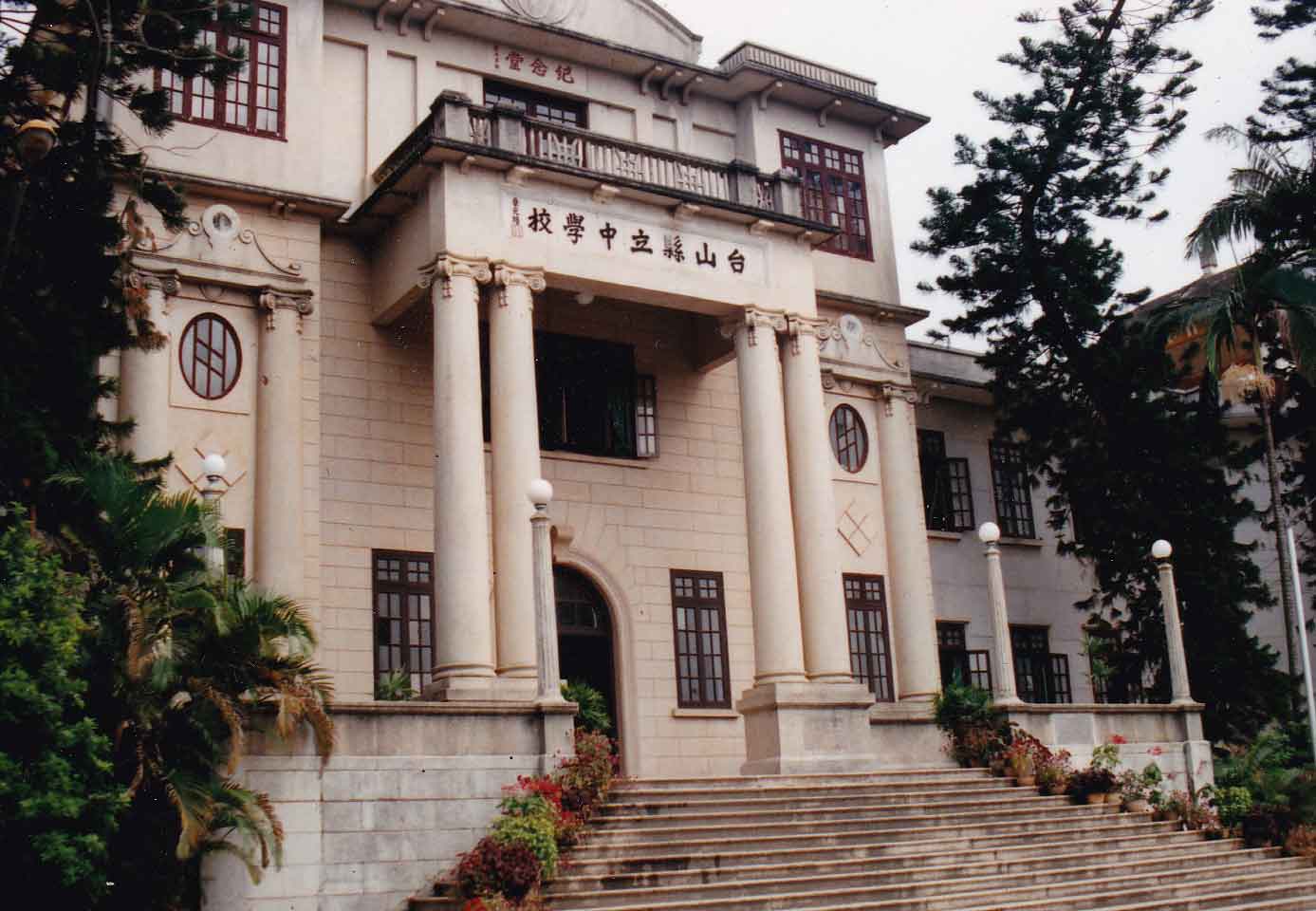
The San Franciso earthquake in 1906 destroyed public birth and citizenship records, opening up the door for Chinese to illegally immigrate to the United States by purchasing fraudulent documents. Chinese men, who were already in America, could now claim US citizenship by stating they were born in America. As citizens, they had the ability to receive or obtain documents to bring their sons from China over to the United States. Because there was no way to check the validity of these claims, many Chinese men applied for papers for their supposed "sons." These documents were then sold to male friends or relatives in China and the rise in the number of immigrants rose during this period. Him Thoon's sister, Emily, had already immigrated to the US earlier and offered to sell him papers claiming to be her son for $500. With the promise of a new life in the US, the 19-year-old changed his last name from Wong to Gee (the married name of his sister) and became what is coined as a "Paper Son." He scraped together what money he could, and made the journey to the US with Emily's real son, Kenny, who was one year older than Him Thoon. Once aware of the large volume of falsified documents, US immigration inspectors began to detain and interrogate Chinese immigrants coming in from China. Incorrect answers meant deportation. He was held in a detention center in San Francisco until both he and his nephew could prove they were brothers by providing the same answers to the immigration officers when questioned separately.
Him Thoon's Paternal Family Tree
| Name | Occupation | Spouse | Life | No. Children |
|---|---|---|---|---|
| Lok Thoon | Colonel - Imperial Army | Unknown | Unknown | Unknown |
| Wai Ngan | Farmer | Unknown | Unknown | Unknown |
| Quon Song | Farmer | Ma See | Unknown | Unknown |
| Do Jau | Laundryman/Merchant | Yee See | Unknown | 4 |
| Wong Wing Kong | Laundry Owner | Yee Yok Kew | 1890-1977 | 3 |
| Him Thoon/Timothy | Restaurant Owner | Lee Wai Ying/Lillian | 1929-2017 | 5 |
